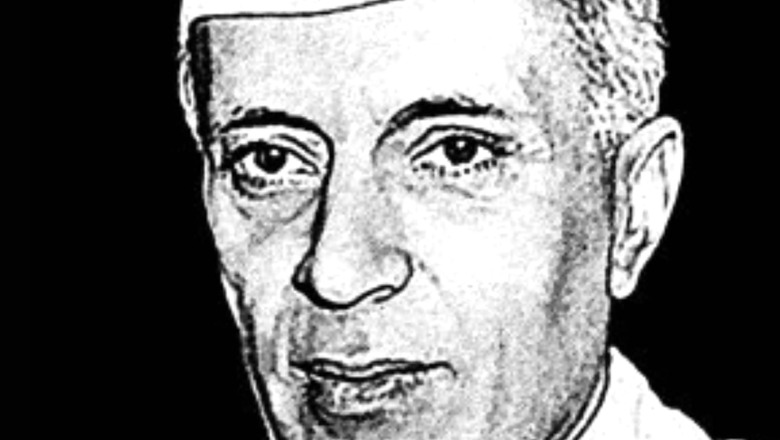
views
In December of 1958, a Member of Parliament (MP) questioned the Finance Minister about a valuable gift received by Prime Minister Jawahar Lal Nehru. Earlier that year, Indians in Hong Kong had gifted the Prime Minister his weight in gold (64 kg) on his 70th birthday. Nehru must have been aware of the query as he was regular in attending the question hour of Parliament. He answered questions directed at the ministries under his portfolio rather than let a junior colleague respond on his behalf. And he often jumped to the rescue of his ministerial colleagues when they could not satisfy Parliament with their responses.
Experts have described Nehru as a model parliamentarian. He came prepared for debates, took criticism as feedback and ensured that his cabinet colleagues were responsive to the highest law-making body in the country. In a speech in Parliament, he highlighted the vital role of a parliamentarian. He said, “There can be no higher responsibility or greater privilege than to be a member of this sovereign body, which is responsible for the fate of the vast number of human beings who live in this country.” In another speech, he stated that parliamentary democracy demands MP’s ability, devotion to work, co-operation, self-discipline and restraint.
Nehru was vigilant about upholding the dignity of the legislative institution. He ensured the expulsion of an MP of his party who had taken money to raise questions in Parliament. He was also open to legislative ideas emerging from outside of the government. When a nominated member of Rajya Sabha was championing a proposal to prevent cruelty against animals, Nehru intervened in the debate and assured the member of comprehensive legislation from the government.
Referring to the office of the Speaker of Lok Sabha, he said, “The Speaker represents the House. He represents the dignity of the House, the freedom of the House and because the House represents the nation. In a peculiar way, the Speaker becomes the symbol of the nation’s freedom and liberty. Therefore, it is right that that should be an honoured position, a free position and should be occupied always by men of outstanding ability and impartiality.”
But one of the early disagreements that Nehru had regarding parliamentary functioning was with the first Speaker of Lok Sabha, G.V. Mavalankar. Our Constitution gives the government the power to make laws bypassing Parliament in exceptional circumstances when immediate action is required. Such laws are called ordinances, and this constitutional provision was used a hundred times during the Prime Minister Nehru’s tenure. Speaker Mavalankar wrote to Nehru on multiple occasions on the subject. The first time, he stated, “It was obviously a wrong convention for the Executive Government to promulgate Ordinances merely because of shortage of time. That power was to be exercised only when there was an emergency and the Legislature could not meet. It was not a desirable precedent to promulgate Ordinances for want of time, as inconvenient legislation might also be promulgated in that manner.”
On another occasion, Mavalankar reminded Nehru about the role of the first Lok Sabha in establishing traditions. He said, “…we, as first Lok Sabha, carry a responsibility of laying down traditions. It is not a question of present personnel in the government but a question of precedents; and if this Ordinance issuing is not limited by convention, only to extreme and very urgent cases, the result may be that, in future, the government may go on issuing Ordinances giving the Lok Sabha no option, but to rubber-stamp the Ordinances.”
Nehru had the love and regard of his parliamentary colleagues. On his death, the two Houses of Parliament resolved to strive for the ideals of world peace and progress and national unity, solidarity and prosperity to which Nehru dedicated himself throughout his life. MPs would pool in money to commission a portrait of Nehru and install it in the central hall of Parliament. The gold that Nehru received on his birthday was deposited with the Reserve Bank of India. Nehru donated the proceeds from the gold for charitable activities devoted to women and children.
The author is head of outreach PRS Legislative Research. The views expressed in this article are those of the author and do not represent the stand of this publication.
Read all the Latest Opinions here










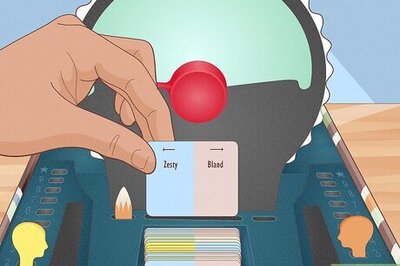



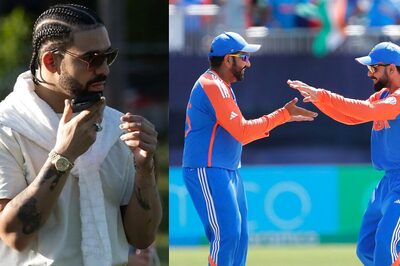
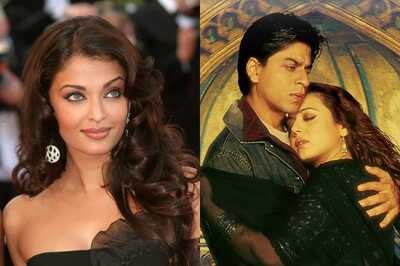
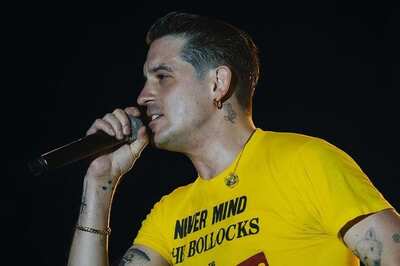



Comments
0 comment